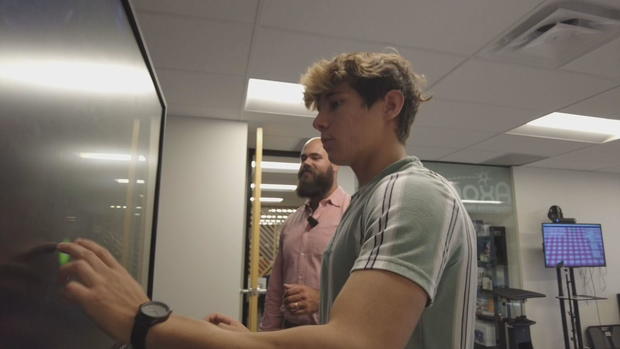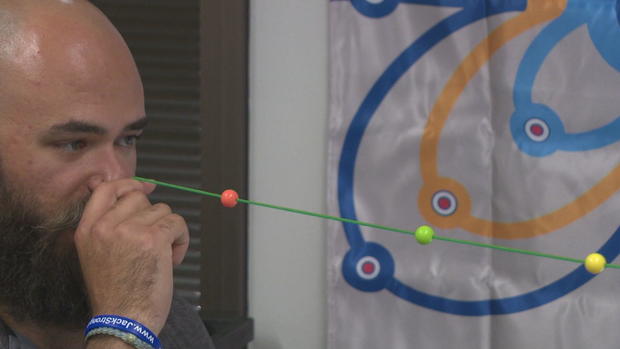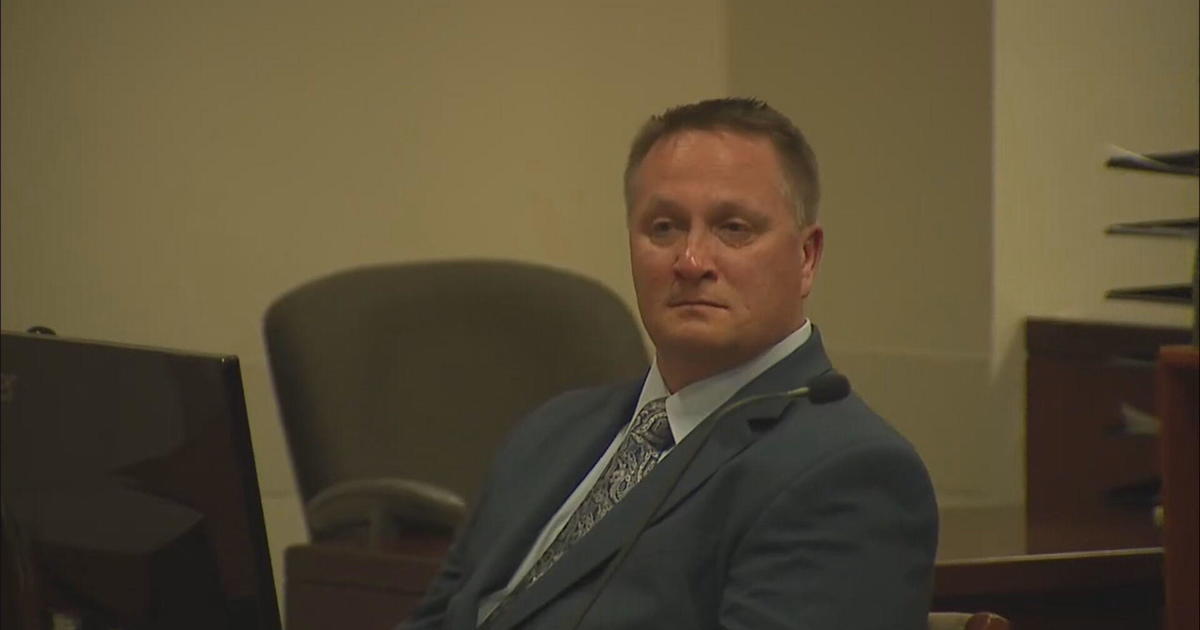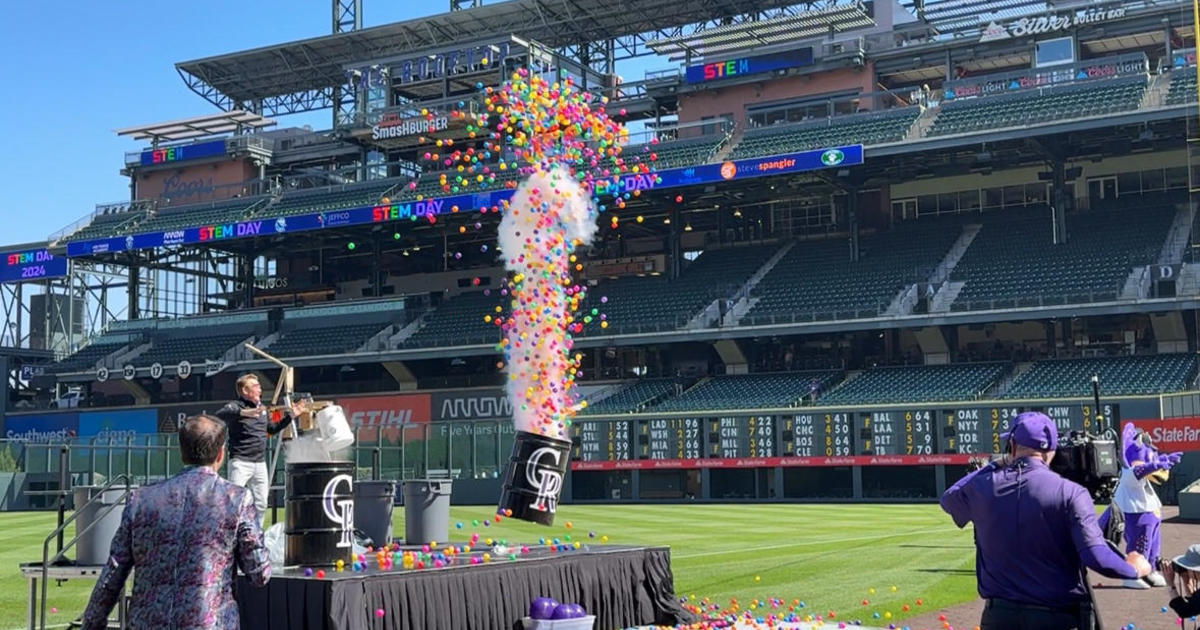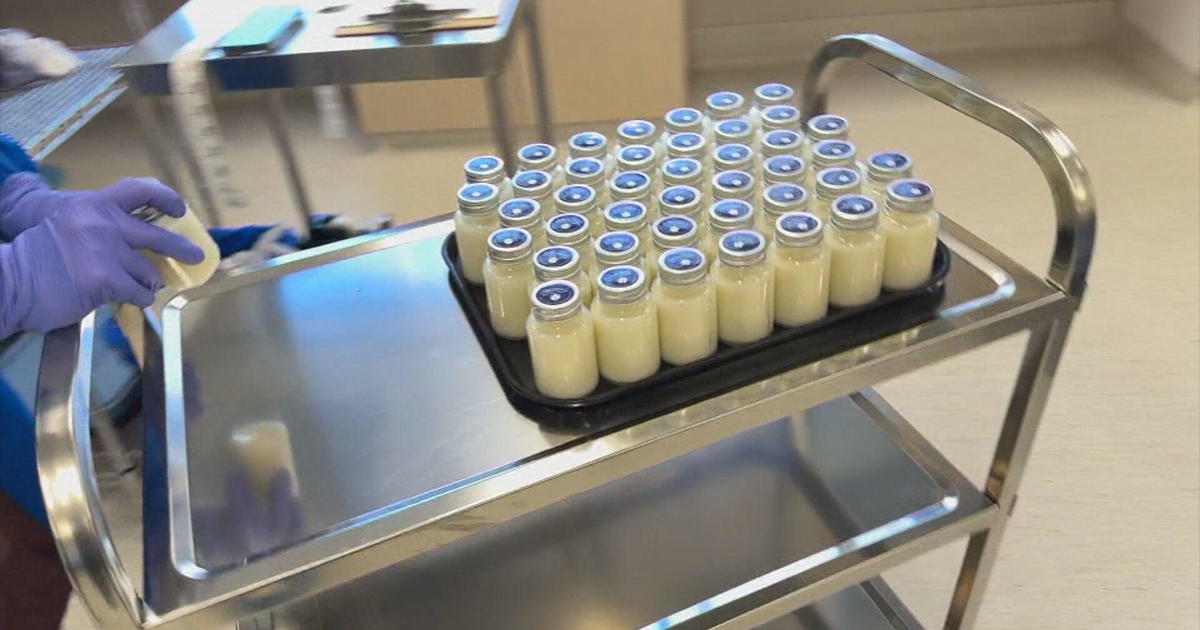Colorado health experts say return to some physical activity soon after concussion helps recovery
With the start of the school year underway for many districts across Colorado comes the start of fall sports and the prevalence of concussion-related injuries.
"My vision was so messed up. I was scared kind of," said 16-year-old Jayden Martinez.
It was last August when Martinez experienced the second concussion of his life. Feeling dizzy and sensitive to the light after multiple hits during football practice for Flatirons Academy, he chose to continue playing the next day in one of the first games of the year. However, several more hits on the field became too much for the middle linebacker.
"I came out of it, and I told my mom, "Mom my vision is kind of messed up, I can't really read the stuff on her dashboard in the car," said Martinez.
"Two factors contribute to a longer recovery time after a concussion happens. One is continuing to play after the injury happened," said David Howell, a PhD and Research Director with Children's Hospital Colorado's Sports Medicine Center. "As you start to improve, you can start to engage in more of your regular, daily routine, including socializing with friends and family, starting to attend school, and doing physical activity that doesn't bring an exacerbation or worsening of symptoms."
However, a new study published this summer in the British Journal of Sports Medicine finds strong evidence to support doing physical and mental activity sooner after receiving a concussion may actually help a person recover quicker.
"There's been a lot of research, a lot of which we've helped produced here at Children's Hospital Colorado that essentially shows that early physical activity is not harmful for athletes who get a concussion, and in most cases can actually be beneficial," said Howell. "Complete rest where you have somebody sit in a dark room is actually in some cases perhaps detrimental, certainly not helpful to somebody recovering from a concussion after about a one-to-two-day rest period."
Martinez opted for a more active approach to recovery.
"Within the first 24 to 48 hours, we want you moving, going for a walk, trying to cognitively stress to a sub-symptom threshold," said Dr. Brad DeBeer.
DeBeer is a chiropractic neurologist and director of clinical neuroscience and rehabilitation with Axon Integrative Health in Denver. He has been working with people like Martinez using brain-stimulating technology and physical activity to treat concussions.
"We look at the inflammatory process that's happening as well, the metabolic cascade that is resultant of the physical injury, all the way to any hormonal changes that we're having because of that head injury," he said. "If they're coming in with headaches, we're going to do more things based on autonomic control, blood flow, and how well you're interacting with your environment."
Like experts in sports medicine at Children's, DeBeer has been following this newer way of treating concussions through light physical activity for a while but hopes more health care facilities consider adopting the same approach.
"Even as soon as potentially the first 24 to 48 hours from injury, physical activity may be beneficial," said Howell. "Doing something that's not going to push yourself to where your symptoms start to get worse and you feel worse afterwards, but not sitting on the couch and doing nothing."
Dr. Julie Wilson, who works in the Sports Medicine Center at Children's Hospital Colorado, says the approach to how much physical activity a person with a concussion may need can vary.
"I will often give them a heart rate zone to be in to give them kind of a safe level of intensity that they can follow, so again they're not provoking a significant level of symptoms," said Wilson. "If you don't have access to a heart rate monitor or someone who can do that prescription for you, I think it's also okay to have your treating provider tell you, 'I want you to try to incorporate about 20 to 30 minutes of physical activity on a daily basis as a place to start at the level of intensity that doesn't make your symptoms increase more than a small amount'. So, one or two points on a 10-point scale, and that brief increase in symptoms should last no more than an hour."
However, this does not mean athletes can simply return to playing their sport as they were before the concussion, at least not right away.
"The piece that is return to sport, [is] separate and reserved for when you're fully recovered," said Wilson.
As Martinez learned in the last year, a little movement of the mind and body can go a long way to getting back in the game.
"I'd say I started noticing changes in a couple weeks to a month," he said. "Now I feel amazing, I'm 110%. I'm going into this next baseball season excited."
